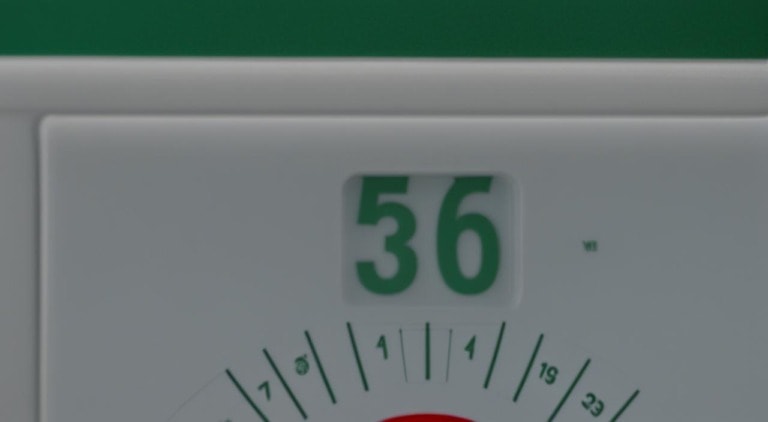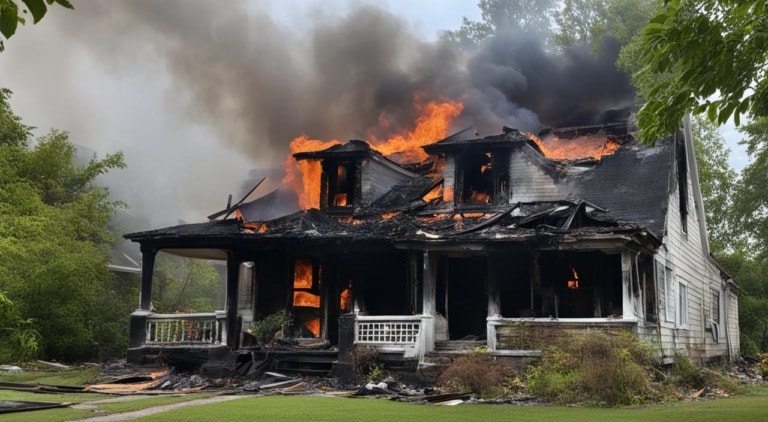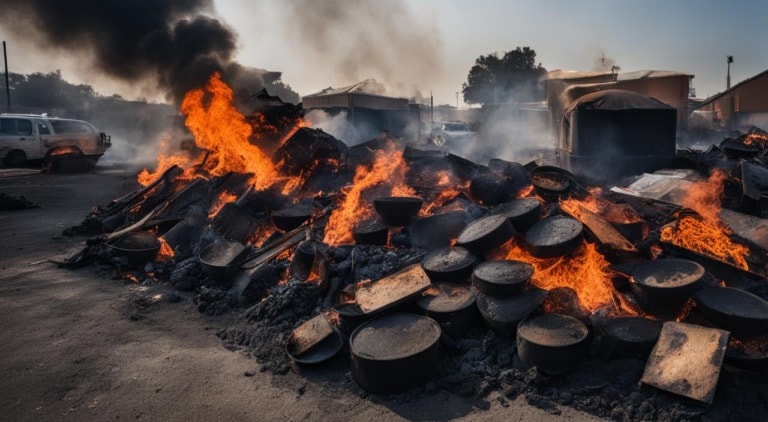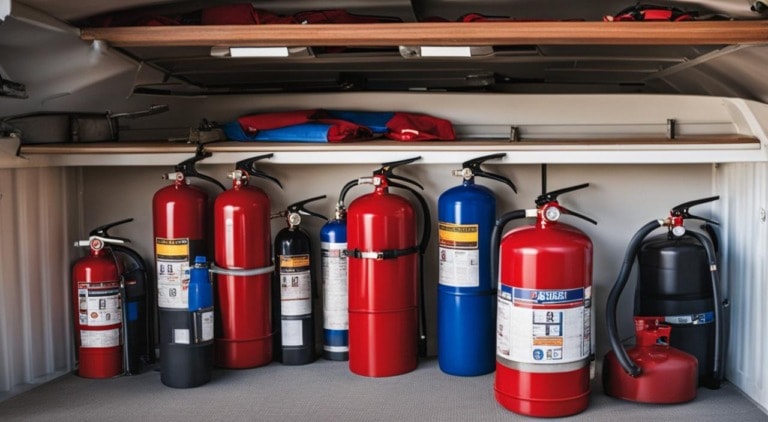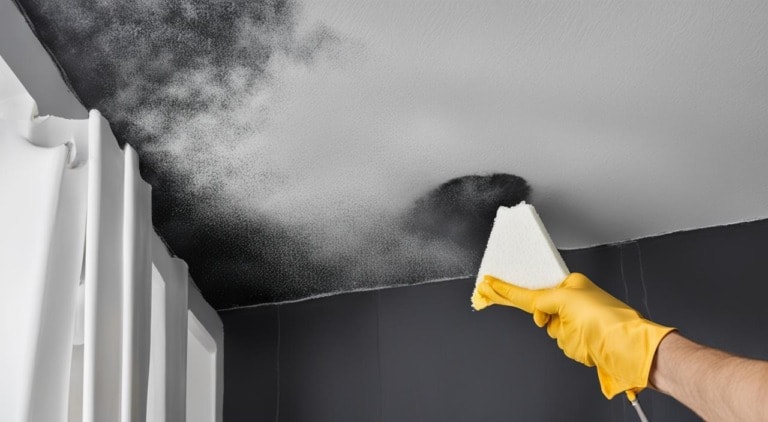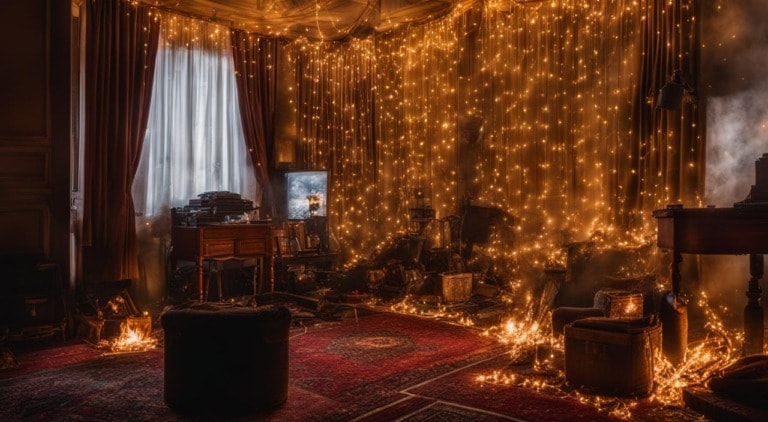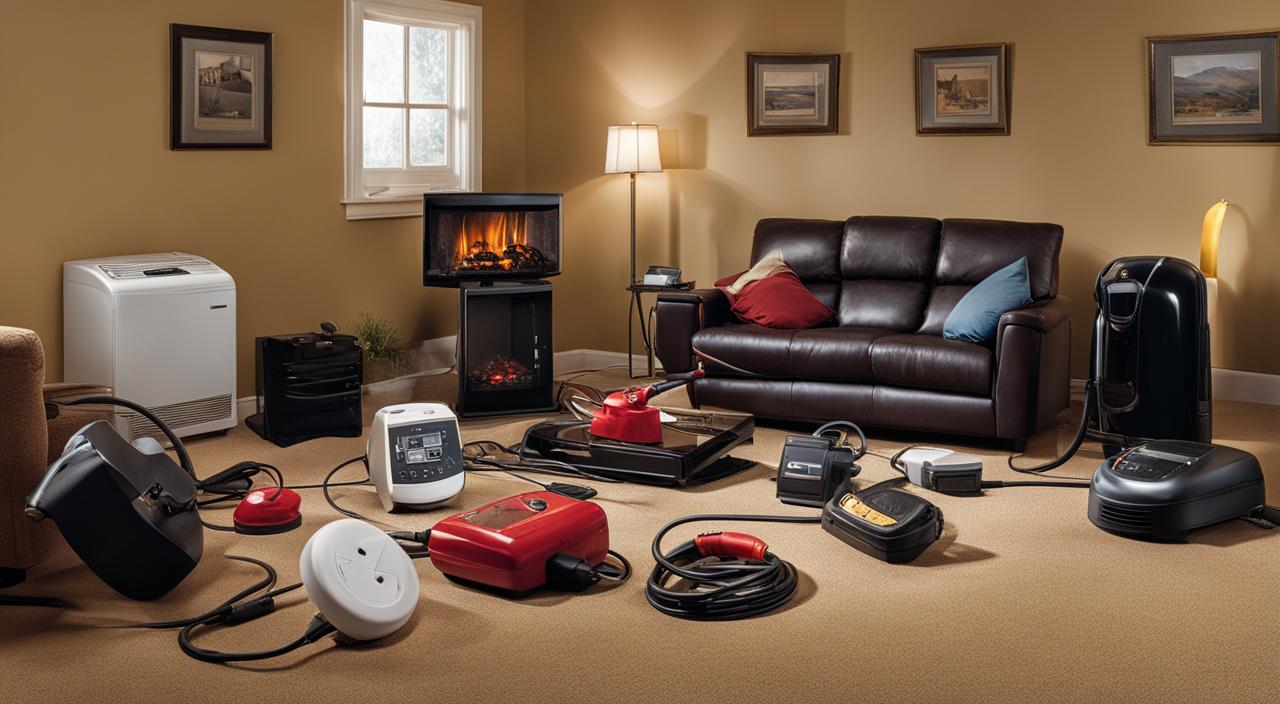
When it comes to keeping your home safe from electrical fires, prevention is key. By following some simple safety measures, you can reduce the risk of fire caused by electrical hazards. Here are some essential electrical fire safety tips that you should keep in mind:
Common Causes of Electrical Fires
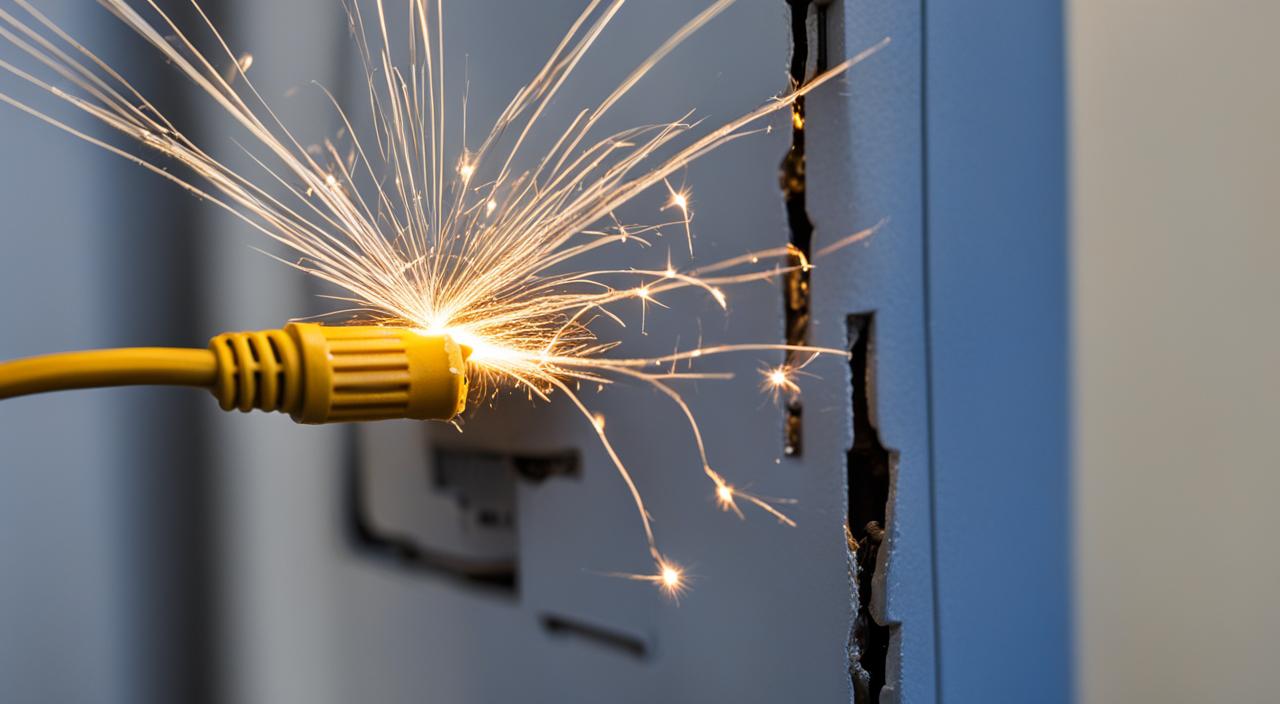
Electrical fires can be devastating and have the potential to cause significant damage to homes and put lives at risk. Understanding the common causes of electrical fires is crucial for maintaining a safe living environment. By identifying and addressing these causes, you can reduce the risk of an electrical fire occurring in your home.
1. Incorrectly Installed Wiring
One of the most common causes of electrical fires is improperly installed wiring. Hiring a licensed electrician for any wiring installations or modifications is essential to ensure safety. Improperly installed wiring can lead to overloading, short circuits, and overheating, all of which can spark a fire. Regular inspections and maintenance of your electrical system can help identify and address any potential wiring issues.
2. Overloaded Circuits and Extension Cords
Overloading circuits and relying heavily on extension cords are common practices that can lead to electrical fires. Plugging too many devices into a single circuit or using extension cords for long-term use can cause overheating and create fire hazards.
It is important to distribute electrical loads evenly across circuits and avoid relying solely on extension cords. Consider installing additional outlets or consulting an electrician to ensure your electrical system can handle your needs safely.
3. Defective or Improper Plugs, Switches, and Outlets
Defective or improperly installed plugs, switches, and outlets can also pose a fire hazard. Regularly inspect these components for any signs of damage or malfunction and have them repaired or replaced by a professional electrician. Faulty electrical connections can generate heat and potentially spark a fire. Ensuring all electrical components are in proper working condition is key to preventing electrical fires.
4. Misuse and Poor Maintenance of Lighting
Improper use and maintenance of lighting fixtures can contribute to electrical fires. Using the wrong wattage bulbs, placing lamps or fixtures near flammable materials, and neglecting to replace damaged cords or fixtures can all increase the risk of a fire.
Regularly inspect your lighting fixtures, use the correct wattage bulbs, and position them safely away from any combustible materials to minimize fire hazards.
By understanding and addressing these common causes of electrical fires, you can significantly reduce the risk of fire in your home. Remember to prioritize safety, conduct regular inspections, and consult a licensed electrician whenever necessary.
Disclaimer: The information provided in this article is for informational purposes only and does not constitute professional advice. It is the reader’s responsibility to consult with a qualified electrician for specific guidance and recommendations.
Additional Safety Precautions
When it comes to electrical fire safety at home, there are some additional precautions you can take to ensure the well-being of your household. Here are some essential tips:
Firstly, avoid running cords under carpets or pinched behind furniture. This can cause cords to overheat and potentially lead to fires. It’s crucial to keep cords in open areas where they can dissipate heat efficiently.
Secondly, always discard frayed or broken cords. Never attempt to splice two cords together as this can create a fire hazard. Instead, replace damaged cords with new ones to maintain electrical safety in your home.
Additionally, be mindful of overloading outlets. If you find yourself constantly relying on power strips or extension cords due to a lack of outlets, consider calling an electrician to install additional outlets in your home. This will prevent excessive strain on existing circuits and reduce the risk of electrical fires.
Remember, it’s important to ensure that plugs fit snugly in outlets. Loose-fitting plugs can lead to shock hazards and excess heat generation, increasing the likelihood of fires.
If you notice any loose outlets or plugs, consult a qualified electrician to resolve the issue promptly.
By following these additional safety precautions, you can further safeguard your home against electrical fires. Keep in mind that proper maintenance and regular inspections play a crucial role in ensuring the safety of your electrical systems and preventing potential hazards.

